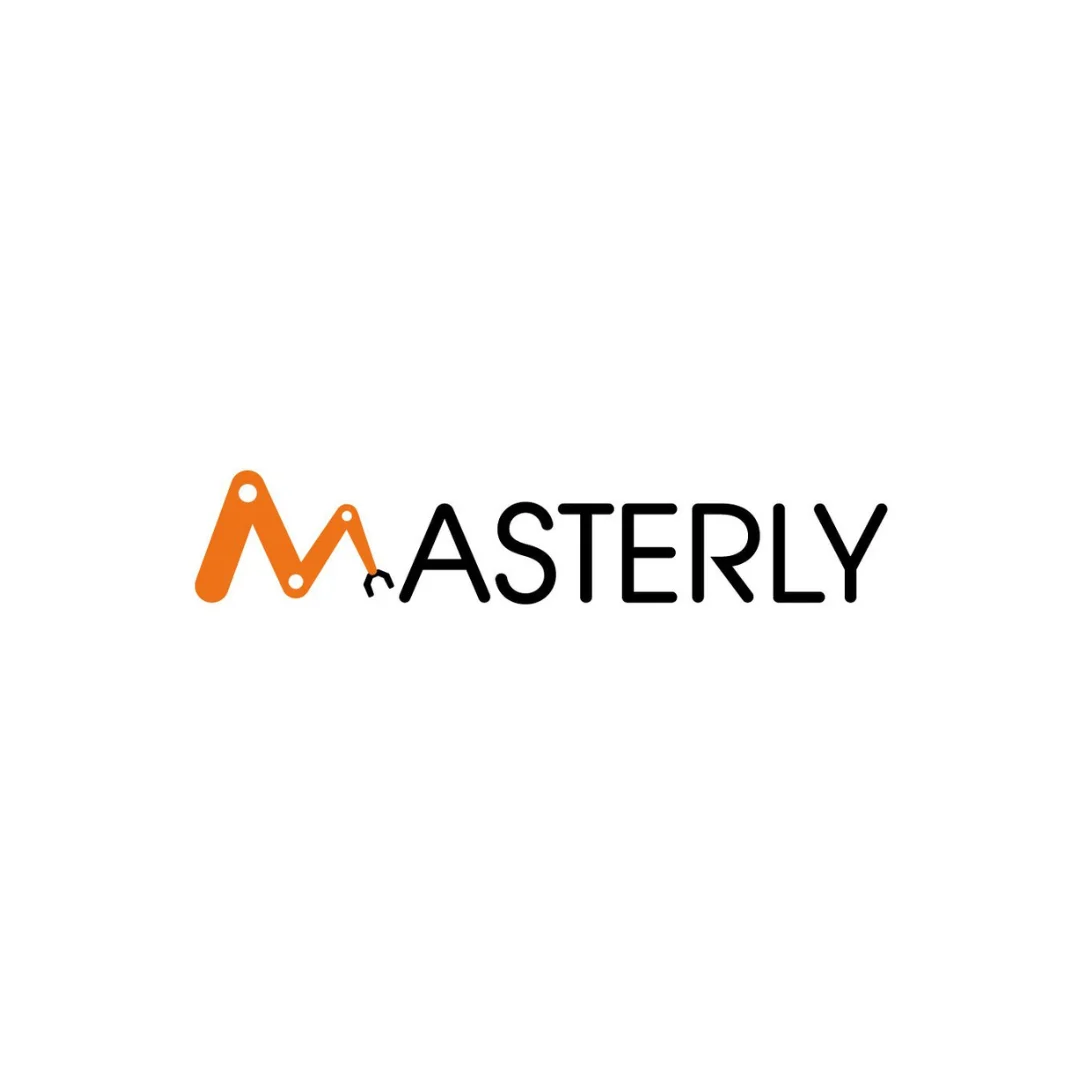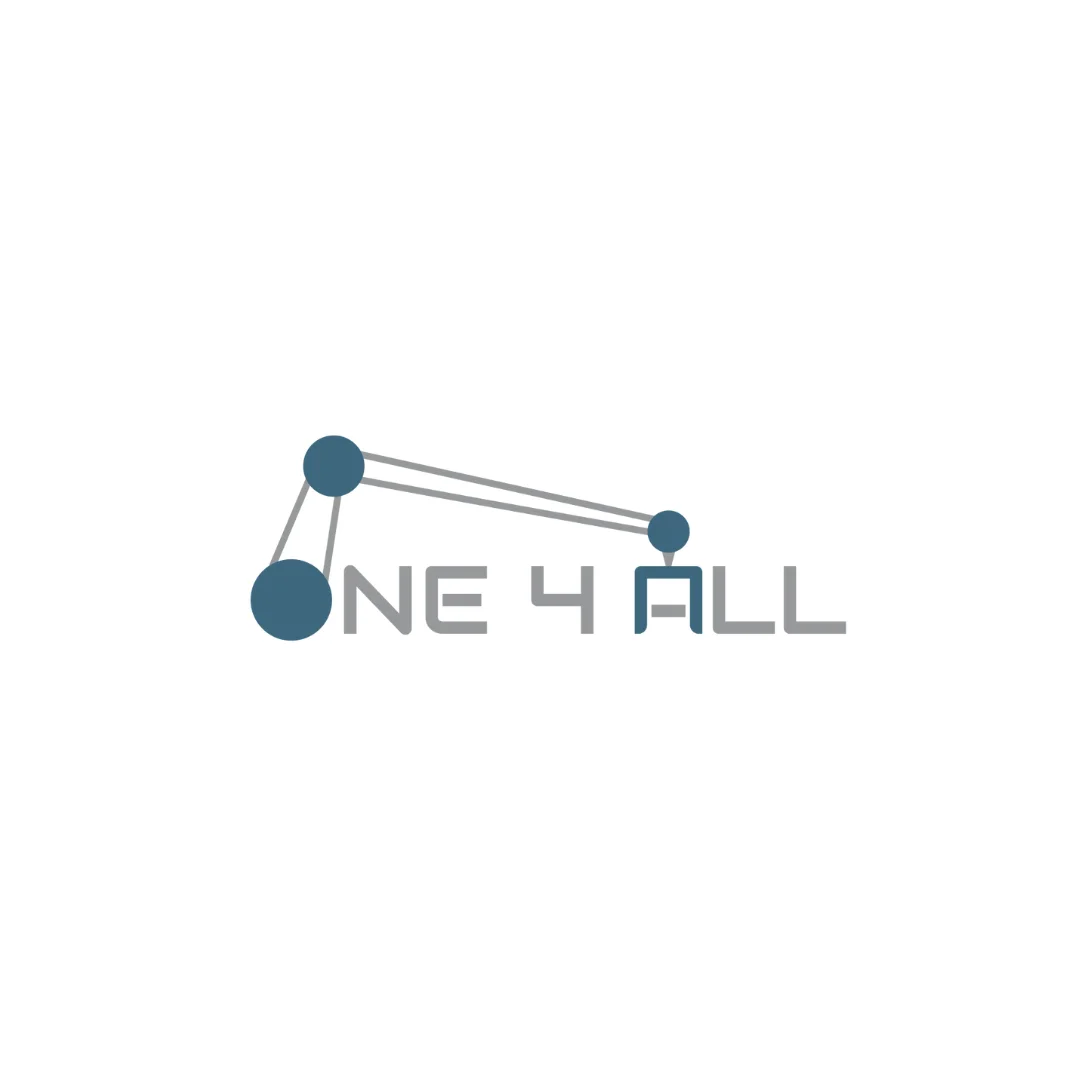10/01/17 – 03/31/21 (42 months)
7.214.521,25 €
Horizon 2020
FOF-09-2017
Asociación De Investigación Metalúrgica Del Noroeste (AIMEN)
At the moment, maintenance in general, and particularly maintenance strategies, are meeting significant challenges for managing the evolution in equipment, instrument and production processes. Hence, it’s now clear that the original preventive and corrective maintenance strategies used in traditional mass production processes, which are repetitive and stable, are no more efficient and newer more adaptable and reactive strategies (predictive and prescriptive) are required.
The electronics’ miniaturization, the development of far more precise and reliable sensors, the increase in computational capacity and storage of data, both on premises and in cloud, and the utilisation of Machine Learning algorithms, allow for more advanced predictive maintenance strategies. Starting from the identification of bugs in the production processes, components’ wear and failure mode mechanisms, equipment and production chains up to the implementation of remaining useful life (RUL), automatic actions for correction/optimisation of processes and maintenance planning with production management systems (MES/ERP).
Objectives
Z-Bre4k envisages the introduction of 8 scalable strategies at the component, machine and system levels:
- Z-PREDICT: prediction of breakdowns based on evidences
- Z-DIAGNOSE: prompt identification of an occurring or an emerging failure
- Z-PREVENT: preventing the occurrence, building up and propagation of failures in the production systems
- Z- ESTIMATE: estimate of the remaining useful life (RUL) of activities
- Z-MANAGE: management of these strategies through event modelling, KPI monitoring and real-time decision support
- Z-REMEDIATE: replacing, re-designing, reutilisation, collection and recycling of components/activities
- Z-SYNCHRONIZE: synchronisation of corrective actions, production planning and logistics
- Z-SAFETY: testing security, health and comfort for human operators
The implementation of these solutions will allow to:
- Design and develop the Z-Bre4k architecture on the basis of the AUTOWARE architecture
- Develop networked machine simulators shadowing the operations of machines and components throughout their service life cycle, in a “digital-twin” paradigm
- Develop an online continuous monitoring of the condition and performance of the manufacturing system at the component/machine and system level to enable sustainable and competitive production
- Mitigating risks through the Failure Mode and Effect Analysis (FMEA) methodology
- Develop an event-based machine learning mechanism with predictive/preventive/diagnostic analytics capabilities with the aim of minimising the uncertainty around machine and component failure and estimate remaining useful life of machinery
- Introduce autonomous diagnosis capabilities and context-awareness
- Develop a higher-level decision support system (DSS) to assess the machine performance and accurately diagnose and predict fatigues/failures deciding on actions to prevent their occurrence
- Provide a dynamic maintenance plan identifying the optimal time, in terms of workload, production capacity, availability of the support team, stock level of spare parts, energy savings.
- Asociación De Investigación Metalúrgica Del Noroeste (AIMEN)
- ATLANTIS Engineering SA
- Brunel University of London
- Core Innovation And Technology OE
- Asociacion De Empresas Tecnologicas INNOVALIA
- Fraunhofer-Gesellschaft zur Förderung der angewandten Forschung e.V.
- CRIT
- SACMI Imola SC
- Trimek SA
- Autotech Engineering SA
- INOVA+ – Innovation Services SA
- Holonix Srl
- École polytechnique fédérale de Lausanne
- Philips Consumer Lifestyle BV
- Interuniversitair Micro-Electronica Centrum
- CDS Lavorazioni Materie Plastiche Srl
- Fundación AIC Automotive Intelligence Center Fundazioa



